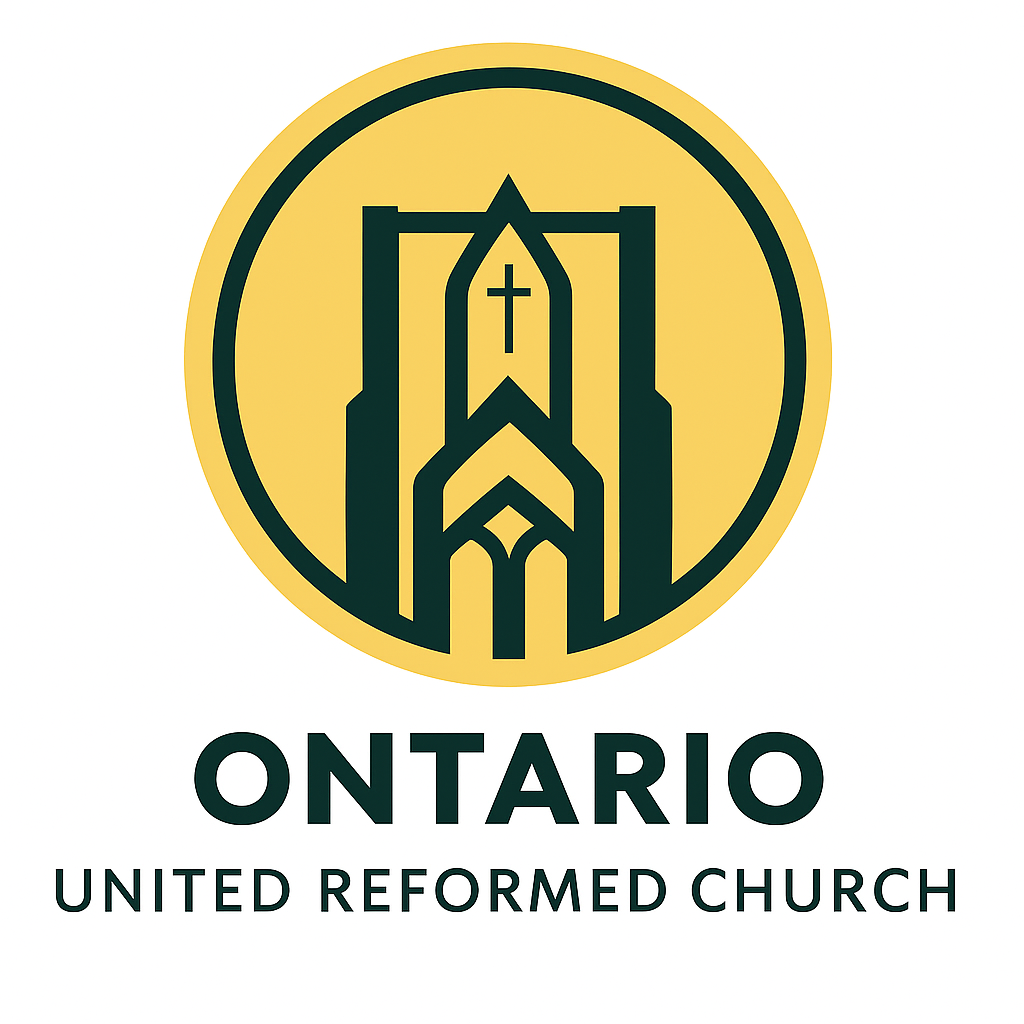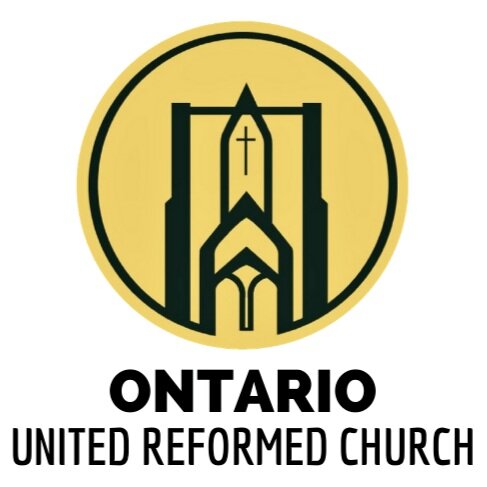Tongues of Babel, Flames of Peace
This week, downtown Los Angeles was engulfed in smoke, shouting, and sirens as destructive riots erupted—this time in response to federal immigration enforcement. Tensions escalated quickly following the government’s swift and forceful response. In the chaos, we witnessed again the tragic unfolding of disorder and abuse—neighbors turning against one another, and those in power mistreating fellow image-bearers of God.
The cycle is painfully familiar: injustice provokes indignation, which quickly spirals into escalation, confusion, and harm. Blame abounds, and lines are quickly drawn in the sand. But before we rush to accuse or antagonize, we must make space for grief. Lament must come first. We must cry out to God for mercy and help.
As Christians, we are called to lament the erosion of peace. We mourn the breaking of the law and the fracturing of our communities. We cry out to God—for the dignity of the poor, for compassionate restraint among the powerful, and for justice that is tempered by mercy in a land increasingly estranged from both.
And yet, we grieve as those who have hope in God. We refuse to be drawn into the black hole of despair over the brokenness of this world. Instead, we lift our eyes to Christ, where our life is hidden with Him in glory (Colossians 3:1–4), and we watch for signs of His kingdom breaking in. That’s why we rejoice. In God’s mysterious providence, on the very day these riots reached their peak—fueled by the spirit of the age—just 35 miles away, a different Spirit was at work. Our church family at Ontario United Reformed Church gathered in the Spirit of Pentecost for a bilingual worship service, celebrating the unity of the gospel across languages and ethnicities.
A Pentecostal Contrast
Pentecost, as recorded in Acts 2, is the historical event in God’s redemptive story where the Creator poured out His Holy Spirit on the Church. It marked the beginning of Christ’s global mission: the uniting of a people from every tribe, tongue, and nation by faith in His name. Pentecost symbolically reversed the curse of Babel (Genesis 11)—where the fragmentation of language confused and scattered humanity—and instead ushered in a new age where the Gospel would be proclaimed in every tongue, drawing the nations into one new humanity under the Lordship of Christ.
This Sunday, while the heart of LA burned with unrest, just a few miles away we rejoiced together under the bleeding heart of Christ. We sang in English and Spanish—“All Creatures of Our God and King” / “Oh Criaturas del Señor”— lifting a bilingual song that echoes the desire of Psalm 67:3-4
Let the peoples praise you, O God;
let all the peoples praise you!
Let the nations be glad and sing for joy,
for you judge the peoples with equity
and guide the nations upon earth.
Then, as rebels against the spirit of the age, we came to the Lord’s Table—invited in both languages—to partake of one bread and one cup. It was a visible, tangible sign of our deep and lasting unity in Christ. This is what Pentecost is all about. This is the work of the Holy Spirit.
The Spirit Who Unites
The Holy Spirit, sent by the Father and His ascended Son, reveals our rebellion—whether in defiance of the law of the land (Romans 13), or in the mistreatment of sojourners in our midst (Leviticus 19:33–34). He is the Spirit of truth who liberates us from the selfish pride that drives hatred, division, and violence.
Jesus was clear: to love our neighbor is not to love those who look like us, think like us, or vote like us. When questioned by a law-loving nationalist, Jesus told a parable of mercy—the Good Samaritan—and redefined neighbor as even our “sworn enemies,” for they are fellow image-bearers of God. Like the Samaritan, God calls us to show mercy to our neighbors, even our enemies. This is the love the Spirit of Christ was sent from heaven to forge within us—a divine love not born of flesh, but of grace.
But how does He do this transforming work? The story of Pentecost shows us the way.
Clear Communication — The Spirit of Pentecost calls us away from angry confusion toward gracious, intelligible speech—even with strangers and foreigners. This was powerfully displayed on the day of Pentecost in Acts 2. The Spirit descended upon the disciples in the upper room, appearing as flaming tongues resting above their heads, and enabled them to speak in diverse languages and dialects. Unlike the chaotic babble of Babel (Gen. 11), these tongues were clear, recognizable dialects—spoken, heard, and understood by those from many nations. They were words of truth and peace, not sparks of violence and destruction. Holy fire rested on the disciples’ heads—not on cars set ablaze in the streets.
The Spirit works through the spoken Word—truth ignited by love, logic set ablaze, made clear to set us free. Because of this, we are called to be peacemakers and so communicate with care: to be quick to listen and slow to speak (James 1:19), learning to talk with one another in understanding and grace. Clear communication builds bridges, diffuses anger, and reflects the Spirit’s peace. In a world too often marked by shouting and confusion, the church must be a people who embody the gift of gracious, truthful, and comprehensible speech.
The Walls We Cannot Tear Down
Let me be honest: I don’t write this with any naive assumption that my words can resolve the current conflict. The enmity is fierce and decades deep. The wall of hostility between the immigrant population and the “all-American” citizen runs deeper than any border wall ever built or proposed.
But I know One who has broken down such a wall and can do it again,
“Now in Christ Jesus, you who once were far off have been brought near by the blood of Christ. For He Himself is our peace… and [He] has broken down in His flesh the dividing wall of hostility…” — Ephesians 2:13–14
This is what I believe and proclaim to you: Jesus Christ is the only One who can tear down such hatred and unite enemies into one body. He does not call us to “burn the system down” nor to “clear the land of outsiders.” He calls us to repent, believe, and become citizens of a better kingdom—blessed citizens marked by humility, mercy, purity of heart, and peacemaking, as described in the Beatitudes.
The Church as an Embassy of Peace
In Christ, we rediscover our common dignity—we are all made in God’s image. And if we believe in Christ, we become equal citizens of His kingdom and coheirs of the world to come. Under His gracious reign, we begin to live as true citizens of heaven while still on earth.
This means:
Submitting to governing authorities as appointed by God (Romans 13)
But also showing mercy to the vulnerable, compassion to the foreigner, and dignity to every neighbor (Micah 6:8; Leviticus 19)
Speaking truth in love—choosing honest, compassionate dialogue over shouting slogans in anger or remaining silent in comfortable privilege.
Therefore, in this hostile and chaotic cultural moment, the Church must be what she was always meant to be: an embassy of God’s kingdom, an outpost of heaven on earth, a place where the Pentecostal Spirit of peace reigns over the putrid spirit of provocation and hatred that dominates our age.
May we be a people whose tongues are set on fire—not by anger—but by the Holy Spirit, to proclaim the Prince of Peace to all nations.
Come, Holy Spirit. Come!

